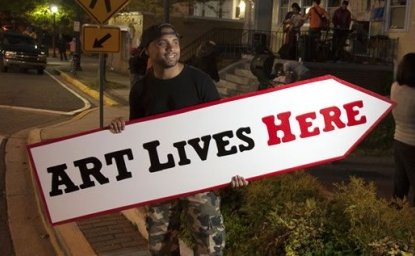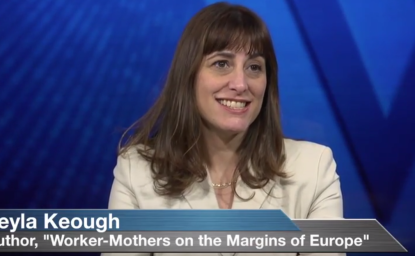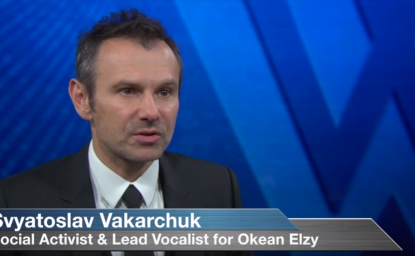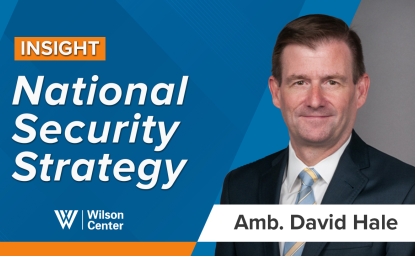When the Department of Justice charged that "factions of the Iranian government" plotted to assassinate Saudi Arabia's ambassador to the United States by blowing him up inside a Washington, D.C. restaurant, concerns about the potential for attacks on U.S. soil increased significantly.
The U.S. is charging two men with "conspiracy to commit an act of international terrorism transcending national boundaries." Questions about the level of involvement of Iran's leaders have yet to be answered. But there are concerns that this could be the first warning shot in an escalation on the part of Tehran? What could be gained from such a bold provocation?
To place this shocking and disturbing news in broader context, we asked three Wilson Center experts to provide insight into the nature and goals of the Iranian regime.
Haleh Esfandiari is Director of the Middle East Program at the Wilson Center. She is a native of Iran where she was a journalist and served as deputy secretary general of the Women's Organization of Iran. She is also the author of, "My Prison, My Home: One Woman's Story of Captivity in Iran."
Robert Litwak is Vice President for Programs and Director of International Security Studies at the Wilson Center. Formerly he served on the staff of the National Security Council as Director of Nonproliferation and he author of the book, "Rogue States and U.S. Foreign Policy: Containment after the Cold War."
Michael Adler is a Wilson Center Public Policy Scholar and journalist who previouly worked for Agence France-Presse news agency. He is writing a book on the use of diplomacy in the Iranian nuclear crisis which he covered extensively while in Vienna from 2002-2007, where he reported on the International Atomic Energy Agency (IAEA).







